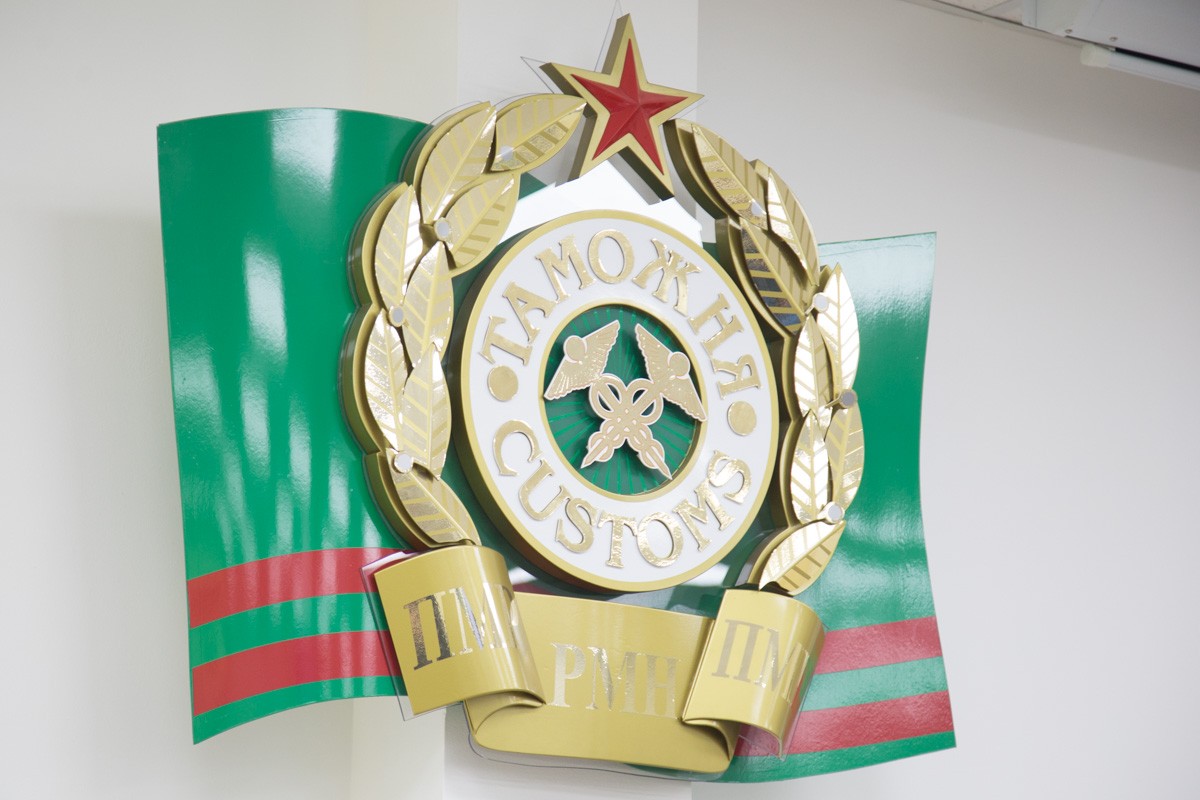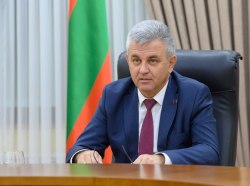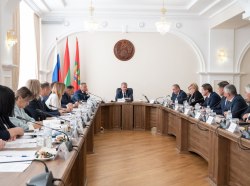Tiraspol, September 8. /Novosti Pridnestrovya/. In the republic, the volume of foreign trade has increased since the beginning of the year - by 39% compared to the same period last year. Exports grew by 48%, imports - by 33%, as was noted at today's online meeting of the Public Advisory Council under the State Customs Committee. Thus, the volume of customs payments to the budget increased by 15% and amounted to more than 546 million rubles.
In terms of exports, sales of metals and products from them increased (more than 2 times), textiles - by 41%, fuel and energy (+ 8%), while food products and raw materials + 10%. Yet the export of mineral commodities dropped by 22%.
In terms of imports, purchases of metals and products from them increased (more than 2 times), engineering products (by 22%), textile materials (+ 46%), products of the chemical and related industries (+ 13%).
As for the structure of foreign trade, the countries of the Eurasian Economic Community account for 29% of the total trade turnover, while the European countries account for 30%.
As noted at the meeting, Russia remains one of the main trade partners. Since the beginning of the year, the volume of trade has increased by 17%, or by $ 17.9 million.
Pridnestrovian customs continues to build up interaction with Russian colleagues. In 2020, this helped to solve a number of problematic issues related to the export of the firms Tigina, Evrorostagro, Tirotex, Tellus, etc.
“Thanks to the improved interaction between the two departments in 2020, the number of appeals to the State Customs Committee from economic agents in relation to problems with declaring our goods in Russia has significantly decreased,” Deputy Chairman of the State Customs Committee Ekaterina Fidelskaya said.
Digitalization is in Progress
Simplification and unification of customs procedures is one of the most urgent areas of work of the department. The State Customs Committee continues to expand the Electronic Customs project. Since the beginning of the year, more than 65 thousand declarations have been submitted to the Electronic Declaration Center.
“Employees complete about 500 declarations per day, of which about 75% are export declarations and 25% are import declarations. The average speed of completion of one declaration, taking into account the use of the auto-registration and auto-release system, was 19 minutes, while the export speed was 6 minutes,” Ekaterina Fidelskaya explained.
Within the framework of electronic customs, the department is developing the automation of familiar procedures. Today, about 98% are registered and 83% of export declarations are issued completely without the participation of a customs inspector. The number of fully automatically issued declarations has exceeded 40 thousand.
“The task of the State Customs Committee is to expand the automatic production as much as possible. However, this procedure only applies to participants in foreign economic activity of a low risk level, that is, to conscientious ones. The greater their market share, the easier it will be for both business and regulatory authorities,” the Deputy Chairman of the State Customs Committee stressed.
The Head of the Public Advisory Council at the State Customs Committee, Boris Kichuk, noted the introduction of electronic declaration for import operations as the positive aspect.
“This has become a great help for more efficient work of economic agents, has reduced the time for processing documents. There are still points that need to be finalized, but I am sure that in 2021-22 we will almost completely switch to this format of work. Such results of paperwork indicate the quality work of the people who prepare them at the enterprises,” he commented.
Almost complete removal of issues related to customs clearance of goods exported to the territory of the Russian Federation is also among the positive aspects. A year ago, because of this, the State Customs Committee received a lot of requests, now their number has decreased to a minimum.
“One of the issues that needs to be resolved today is the Government decree on the regulation of customs duties and procedures. The document is now being approved. If we try to work it out as quickly as possible, it would give an additional tool in the hands of our economic agents. The issue, for example, of registration and customs control of the range of goods that was imported in 2019-21 has not been resolved, but, nevertheless, duties have already been eliminated for these TNVED codes. The mechanism needs to be worked out: how we should now proceed ... thanks to the enterprises, the proposals have already been worked out for tariffs for the TNVED codes for 2022. It would be advisable to adopt this document, too,” the Head of the Public Advisory Council said.








